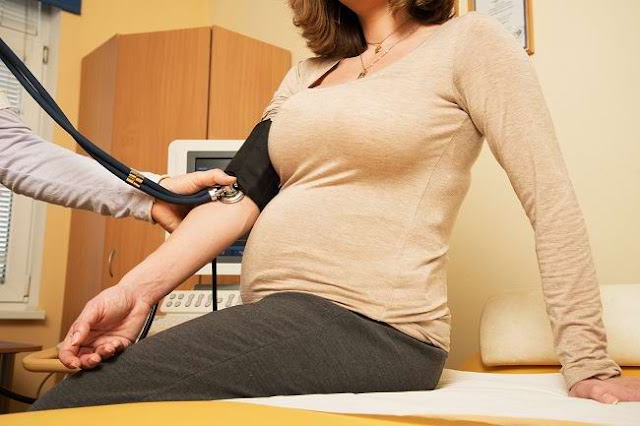Recommended Child Headache Medications
Child's headache medicine must be given carefully. Before giving any medication, have the child rest in a quiet and not too bright room, and eat and drink sufficiently. Although some types of over-the-counter medicines can be used as a headache medicine for children, but avoid giving it carelessly.
Like adults, children can experience headaches. Children experience this usually when they have a fever, flu, or an infection in the ear and throat. There is also the possibility of children experiencing headaches due to stress, changes in sleep patterns, certain foods, hormonal changes or too tired. Although there are more serious causes, such as brain tumors, but this is relatively rare.
Carefully Give Medication for Child Headaches
Headaches felt by children are usually a type of tension headaches but migraine can also. You can give a child headache medicine after seeing symptoms that appear or after consulting a doctor. Some types of child headache medication that can be given are:Pain medication
For child headache medicines that can be bought freely, you should choose a drug that contains paracetamol or ibuprofen. This medication can relieve a child's headache and can be given since a new headache appears. However, do not give this type of drug more than 2 days a week.
Triptan drugs
There is also a doctor's prescription drug that can be used as a headache medicine for children namely triptan drugs. This drug is especially effective in helping to relieve migraines or severe headaches that don't improve with ordinary pain medications. This drug is safe for children over the age of 12. If accompanied by nausea and vomiting, the doctor can give anti-nausea medication in addition.
Vitamin B2 (riboflavin)
In addition to medication, certain types of vitamin supplements such as vitamin B2 or riboflavin are thought to prevent certain types of headaches in children, in addition to relieving headaches. But according to research so far, vitamin B12 does not provide a significant improvement effect as a child headache drug when compared to ordinary pain medication.
Magnesium
Low magnesium levels may be one possible cause of migraine type headaches. Therefore, magnesium supplements can be given to children or adolescents who experience migraine headaches. However, further research is still needed to ensure the right dose and effectiveness of magnesium as a child headache drug.
Coenzyme Q10
Another supplement that you can give as a child headache medication is coenzyme Q10 (CoQ10) which is an antioxidant. Providing this supplement is monitored can reduce the frequency of headaches in children.
Consider side effects of child headache medication
Every drug has side effects, and so does the child's headache medication. The use of child headache medicine, has the risk of causing headaches to reemerge (rebound headache). Paracetamol or ibuprofen can trigger this, especially if given more than two days a week. Side effects that may occur, some are mild and some are severe. For example, administration of vitamin B2 (ribloflavin), although rare, can cause diarrhea, the color of urine becomes bright yellow, and urinate more frequently. Giving mineral supplements such as magnesium can also have side effects, namely diarrhea. To avoid this, you can provide magnesium from natural food sources such as green vegetables, nuts, and seeds. While the side effects that may be caused by coenzyme Q10 is indigestion, although it rarely occurs.Treatment of Child Headaches at Home
In addition to providing pediatric headache medicine, also add care at home so that the headaches quickly subside and your child feels more comfortable. Treatments that you can do especially when the child has migraine headaches are:Siesta
Ask the child to take a nap. Make the room calm, dark and cool. Naps can help relieve the headaches experienced by your child.
Distract
If you can't ask your child to take a nap, give something to distract him, to be distracted from pain. You can give toys, books, or other things related to his liking.
Give drinks that contain electrolytes
This drink can normalize dilated blood vessels when a child experiences a migraine. Electrolyte drinks can also meet the fluid needs of children who experience headaches due to dehydration. In addition to electrolyte drinks, you can provide fruit juice or water. For children aged 12 years and over, you can provide self-made electrolyte fluids. The trick is to mix half a teaspoon of table salt and six teaspoons of sugar into one liter of water.
Remove fear
Calm the child when he feels scared when experiencing headaches. Say that this disease is common and people who have experienced it can recover soon.
- Hands or feet feel weak
- Decreased consciousness or the child looks weak
- Convulsions
- Fever
- Gag
- There is stiffness in the neck muscles



Komentar
Posting Komentar